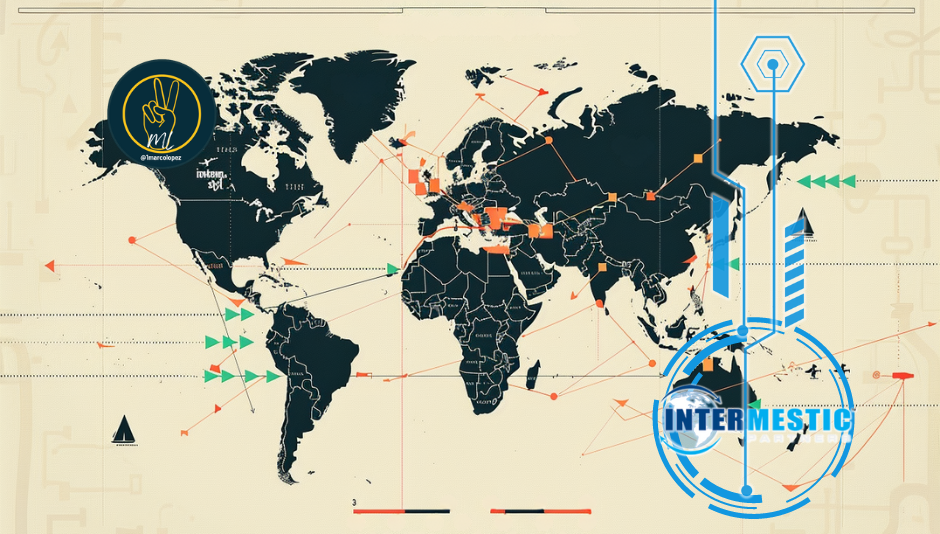
Navigating Cross-Border Investments Amid Political Instability
- Marco Lopez

- Jul 10, 2024
- 2 min read

Investment is a cornerstone of economic growth and innovation, but for investors in foreign markets, a stable political climate is crucial. Political instability can pose a significant threat to cross-border investments, making it vital to understand its impact and explore solutions to mitigate its effects.
Political instability, encompassing government changes, political upheaval, or violence, often results from conflict, corruption, economic volatility, and poor governance. For investors, this instability introduces unpredictability, complicating market forecasts, risk assessments, and due diligence.
Cross-border investment, the flow of capital between nations for significant returns, is particularly sensitive to political instability. When instability rises, investment inclinations drop due to several factors:
Predictability and Regulation: Investors seek predictable, regulated environments often linked to political stability. Instability introduces risks many investors avoid.
Economic Volatility: Countries with political instability face inflation, exchange rate fluctuations, and policy uncertainties, deterring foreign investors.
Risk Management: Instability makes it difficult to assess investment returns, revealing more risks than opportunities.
Historical examples highlight the negative impact of political instability on cross-border investment. The Syrian Civil War caused a significant decline in foreign direct investment (FDI), from $3,516 million in 2009 to negative values in 2017. Similarly, Zimbabwe's hyperinflation and policy changes led to decreased FDI.
International trade agreements can mitigate these impacts by reducing trade barriers and ensuring smooth transactions, providing stability amid political uncertainty.
Despite inherent risks, investors can employ strategies to minimize the effects of political instability. Technology and digital finance, such as fintech solutions, facilitate quick money transfers, hedge against exchange rate risks, and offer real-time economic data. Comprehensive due diligence and market research are crucial, involving an understanding of the political landscape, government stability, and market dynamics.
Risk assessment is vital, incorporating various scenarios and contingency plans. Risk insurance, like those from World Bank’s MIGA, can manage political risks associated with cross-border investments.
Political instability undeniably impacts cross-border investment by introducing ambiguity and financial risks. However, with diligent strategies, embracing technology, and leveraging international trade agreements, investors can manage these risks and tap into the potential of unstable markets.
Intermestic Partners, founded in 2011, is an international business advisory firm specializing in cross-border trade and development. Our expertise helps top companies navigate the complexities of political instability and maximize investment opportunities.
As a former mayor of a border city in Arizona, Director of the Arizona Department of Commerce, Chief of Staff at US Customs and Border Protection, and CEO of Intermestic Partners, I invite you to collaborate with us and leverage our experience to navigate and succeed in the challenging landscape of cross-border investments.
.png)




Comments